King Oyster: Medicinal Mushrooms
Posted: 18 Feb 2024 by MYG
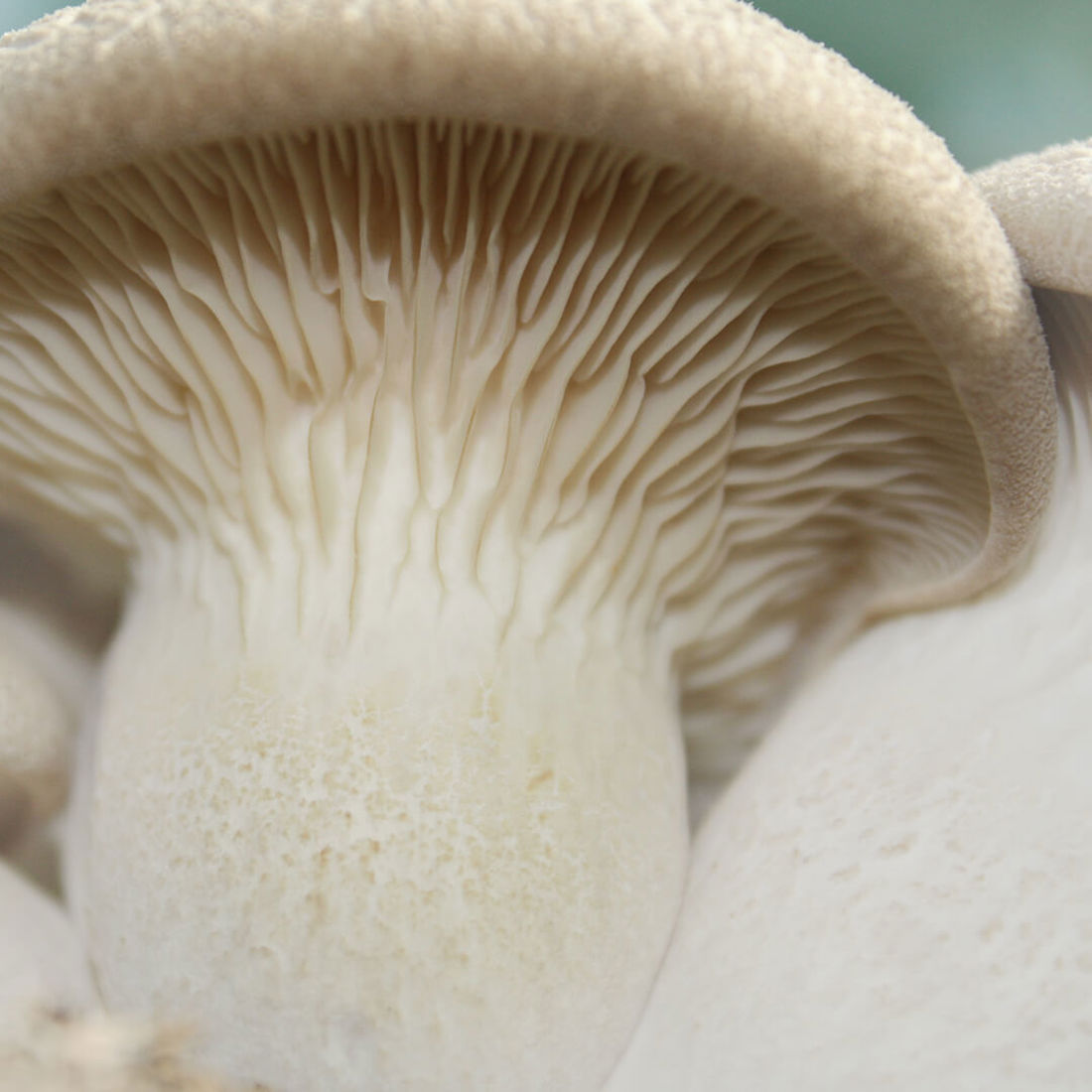
Pleurotus eryngii (or King Oyster mushroom) is a medicinal mushroom of significant scientific interest for its polysaccharide composition (with interesting prebiotic activity), but also for its high mineral, phenolic and vitamin content.
What is Pleurotus?
Pleurotus eryngii (or King Oyster mushroom) is a medicinal mushroom of significant scientific interest for its polysaccharide composition (with interesting prebiotic activity), but also for its high mineral, phenolic and vitamin content. This species is one of the most sought after by mushroom enthusiasts as it is highly valued as a culinary mushroom due to its organoleptic qualities. It is easily found in meadows and fields, usually where wild thistles, Sea Holly (Eryngium campestre) and other umbellifers grow. In addition to ‘seta de cardo’ or ‘eryngii’, this variety is known as ‘Gardu Ziza’ in the Basque Country, ‘Gírgola de panical’ in Catalonia and ‘Seta de cemtcamps’ in Valencia.
Powerful benefits of Pleurotus
Excellent source of dietary fibre: P. eryngii stands out for the amount of active biomolecules it contains, especially β-glucans (immunomodulatory polysaccharides) and minerals such as potassium and phosphorus. It also contains phenolic compounds or ergothioneine, which have a natural antioxidant function. Thanks to these and other biomolecules, the king oyster mushroom is the subject of ongoing scientific research in health-related areas such as:

Immune System
Integrative Support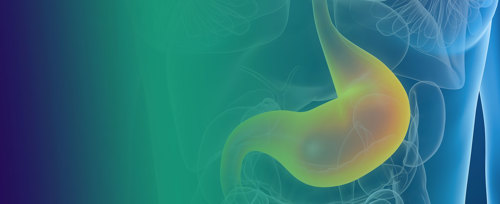
Gastroenterology
Powerful Nutrients in Polyporus
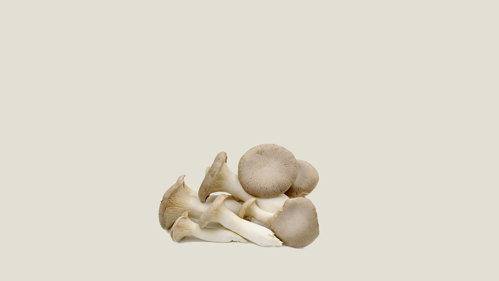
Like Pleurotus ostreatus (oyster mushroom), the King Oyster mushroom contains protein, polysaccharides, unsaturated fatty acids, vitamins and other nutrients, and is low in fat, making it a high-quality food. Its micronutrients include:
- Beta-glucans, known to support the immune system.
- Peptides, Ostreolysin, laccase, lectin and other peptides and fatty acids.
- Vitamins, B & D group.
- Minerals, Rich in zinc.
Some of these compounds have been shown to enhance in vitro growth of certain bacteria naturally present in the colon, Lactobacillus, Bifidobacterium & Enterococcus.
Products containing King Oyster mushrooms:
From the blog

A Footballers Journey with Sports Hypnotherapy
I came to see Claire for hypnotherapy to help me with my performance in my game. I know I am good enough but putting it into practice and showing it on the pitch even if other people would react badly was stopping me from playing with freedom.
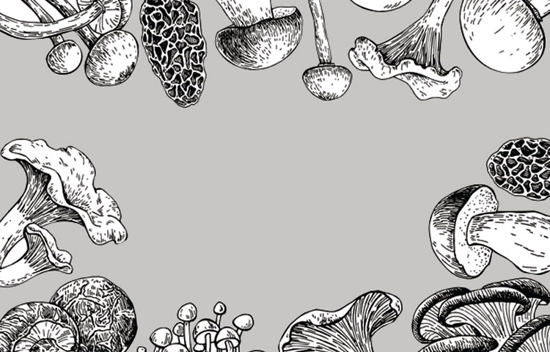
What Mushrooms Can Do For Your Health
Mushrooms are fascinating powerhouses of nutrients and compounds that provide many positive health benefits for humans, including...
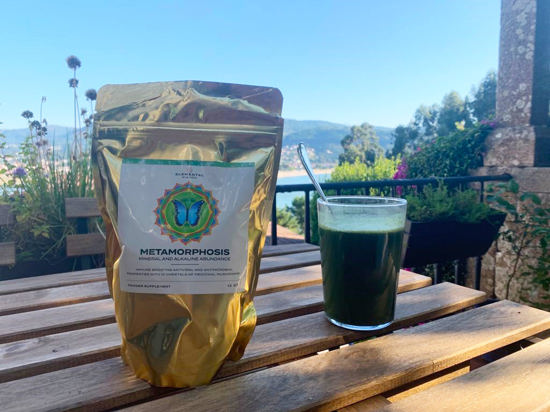
Metamorphosis Morning Smoothie Recipe
Boost Your Energy & Vitality With Our Metamorphosis Smoothie.